**Note: This page is for educational inspiration and is not officially affiliated with World Autism Acceptance Month. For official information and themes related to the UN's observance of World Autism Awareness Day, you can visit their website: www.un.org/en/observances/autism-day. For more information on the broader Autism Acceptance Month movement, you may find resources from organisations such as the National Autistic Society (UK): www.autism.org.uk
World Autism Acceptance Month: Wednesday 1st - Thursday 30th April 2026
World Autism Awareness Day: Thursday 2nd April 2026
Understanding World Autism Acceptance Month & World Autism Awareness Day in EYFS & KS1
Let's celebrate how wonderfully diverse we all are and learn about Autism Acceptance! ❤️ World Autism Acceptance Month is celebrated every year in April, with a special focus on World Autism Awareness Day on April 2nd. World Autism Awareness Day was first started by the United Nations (UN) in 2007. Over time, the name evolved from "Awareness" to "Acceptance" – a change championed by autistic people themselves and groups who wanted us all to think about understanding, valuing, and respecting autistic people for exactly who they are, instead of just knowing about autism as a condition. Different autism groups around the world help promote acceptance, understanding, and support for autistic people all through April. This month encourages us to celebrate what makes each person unique and to build a world where everyone feels welcome and understood.
For early years settings, nurseries, preschools, childminders, and Year 1 and Year 2 classrooms, this month provides a profoundly important and empathetic theme for exploring diversity, kindness and friendship, emotions and feelings, communication, understanding individual needs, and personal, social & emotional development (PSED). It's about introducing children to the idea that everyone's brain works a little differently, and that's something to celebrate. It teaches us how to be truly inclusive friends and how to support everyone in our community. This month offers fantastic planning ideas and inspiration for engaging activities that truly resonate with young minds, making learning about acceptance and neurodiversity both essential and uplifting!
Why Is Learning About Autism Acceptance Important for Young Children?
Integrating World Autism Acceptance Month and lessons about autism and neurodiversity into your practice with young children (aged 0-7) is important for fostering an inclusive environment, promoting empathy, and supporting the development of strong social-emotional skills.
Promotes Empathy & Understanding: Teaches children to appreciate individual differences and to be kind and supportive to everyone, including autistic peers.
Encourages Inclusivity: Helps create a classroom or setting where all children feel seen, valued, and belong, regardless of how their brains work.
Builds Communication Skills: Introduces various communication methods (like visual aids) that benefit all children, especially those who process information differently.
Reduces Stigma: By talking about autism openly and positively, children learn to approach differences with curiosity and acceptance rather than fear or judgment.
Supports Social-Emotional Development: Helps children recognise and respond to diverse emotions and social cues, fostering stronger friendships.
Prepares for Diverse World: Equips children with the mindset and skills to thrive in a diverse society where neurodiversity is celebrated.
Engaging Autism Acceptance Activities for World Autism Acceptance Month (0-7 Year Olds)
Let's open our hearts and minds for World Autism Acceptance Month with these planning ideas and activities perfect for EYFS and KS1 children. The focus is on understanding, accepting, and celebrating everyone's unique ways of thinking and being! Many of these early years and year 1 activities can be supported by our dedicated 'Autism' and 'Picture Communication' resources, as well as broader 'Kindness and Friendship' and 'Emotions and Feelings' themed materials.
Here's some inspiration for celebrating World Autism Acceptance Month in your setting: (Please use your own discretion and knowledge of your children to ensure appropriateness of each activity and safety concerning any materials given and activity undertaken.)
Promoting Understanding & Acceptance:
Introduce the idea that everyone is different and special, and that some people's brains work in a unique way called autism.
Use 'SEND - Autism Traits - Posters' to simply explain some common characteristics in a positive way.
Discuss what fairness means and how to make things fair for everyone, using 'Fairness - Which Is Fairer? - Posters', 'Fairness - Draw A Fairer Version - Sheets', and 'Fairness - Making It Fairer - Drawing/Writing'.
Communication and Visual Supports:
Introduce and use picture communication as a tool that can help everyone, especially those who communicate differently.
Utilise resources like 'Picture Communication Cards - Key Phrases'.
Show how visual timetables can help everyone understand their day with 'Picture Communication Cards - Classroom/Setting Visual Timetable', and 'Picture Communication - What's Happening? Visual Support Boards - First/Then Now/Next'.
Use 'Picture Communication - 'Our Day Today' Banner' to display the daily routine.
Sensory Awareness & Support:
Talk about our five senses and how some people might experience sounds, lights, or textures differently. Use 'SEND - Sensory Systems Poster'.
Introduce 'SEND - Sensory Preference Cards' to help children express what sensory input they like or dislike.
Discuss how different activities make us feel using 'Send - How Does The Activity Make You Feel?'.
In a sensitive way, if appropriate for your children, you can use 'SEND - Meltdowns And Shutdowns - Posters' to help adults understand responses to sensory overload.
Emotions and Feelings:
Explore different emotions and how we show them. Use 'Picture Communication - 'I Feel' Visual Support Board' to help children communicate their feelings. This connects to our 'Emotions and Feelings' theme.
Kindness and Friendship:
Focus on how to be a kind and inclusive friend to everyone. Read stories about acceptance and celebrating differences. This links to our 'Kindness and Friendship' theme.
Discuss the role of 'People Who Help Us' (like teachers, family, and support staff) in supporting everyone.
Development and Learning:
Review guidance on supporting children with special educational needs and disabilities (SEND) using 'EYFS Framework - Send Code Of Practice 0 To 25 Years (Free)' and 'EYFS Framework - Early Years: Guide To The 0 To 25 Send Code Of Practice (Free)'.
Use 'Planning - Child Interests Planning - Prime & Specific' to ensure activities cater to diverse interests.
Explore More: Visit our ‘Autism’ hub page for additional information and resources. Additional ‘Neurodiversity’ hub pages are coming soon! You may also like to explore additional pages covering relevant and/or connected themes such as ‘All About Me’, ‘Families’, ‘Mental Health’, ‘Picture Communication’, ‘Timetables and Routines’, and ‘Transitions’.
These activities offer great inspiration for making World Autism Acceptance Month a meaningful and impactful experience in your early years and Key Stage One setting, fostering empathy, inclusivity, understanding of diverse ways of being, and a supportive environment for all children.
To explore ideas surrounding additional early years events, please visit our 'Special Dates Calendar' page.
Printable resources to support teaching & learning surrounding: ‘World Autism Acceptance Month’ & ‘World Autism Awareness Day’
‘Neurodiversity’ and ‘Autism’ educational resources for EYFS and KS1:
(More resources coming soon!)
‘Fairness’ educational resources for EYFS and KS1:
Visit our ‘Autism’ hub page for additional information and resources:
Additional ‘Neurodiversity’ hub pages coming soon!
Additional Pages you may like to explore which cover relevant &/or Connected themes
More Early Years Event Pages for April
Explore special dates (including awareness dates, festivals, celebrations & events) relevant to your EYFS & KS1 children
Browse our ‘Special Dates Calendar’ page using the link below. You’ll find calendars for every month of the year to aid your planning!
SEARCH ‘LITTLE OWLS Resources’ USING THE FOLLOWING MENU BUTTONS…
Disclaimer:
This page is for educational purposes only and is intended to support early years and primary practitioners with ideas and resources related to 'World Autism Acceptance Month'. We are not officially affiliated with or endorsed by the United Nations (UN) or any specific autism advocacy organisation for this event. We do not claim any rights to specific trademarks or official materials associated with this event. World Autism Awareness Day (April 2nd) was designated by the United Nations General Assembly. For official information and themes related to the UN's observance, please visit: www.un.org/en/observances/autism-day. The shift to 'Autism Acceptance Month' has been primarily driven by the autistic community and advocacy groups, and you can find more information from organizations such as the Autistic Self Advocacy Network (ASAN) or the Autism Society of America: www.autism-society.org/get-involved/national-autism-acceptance-month/.


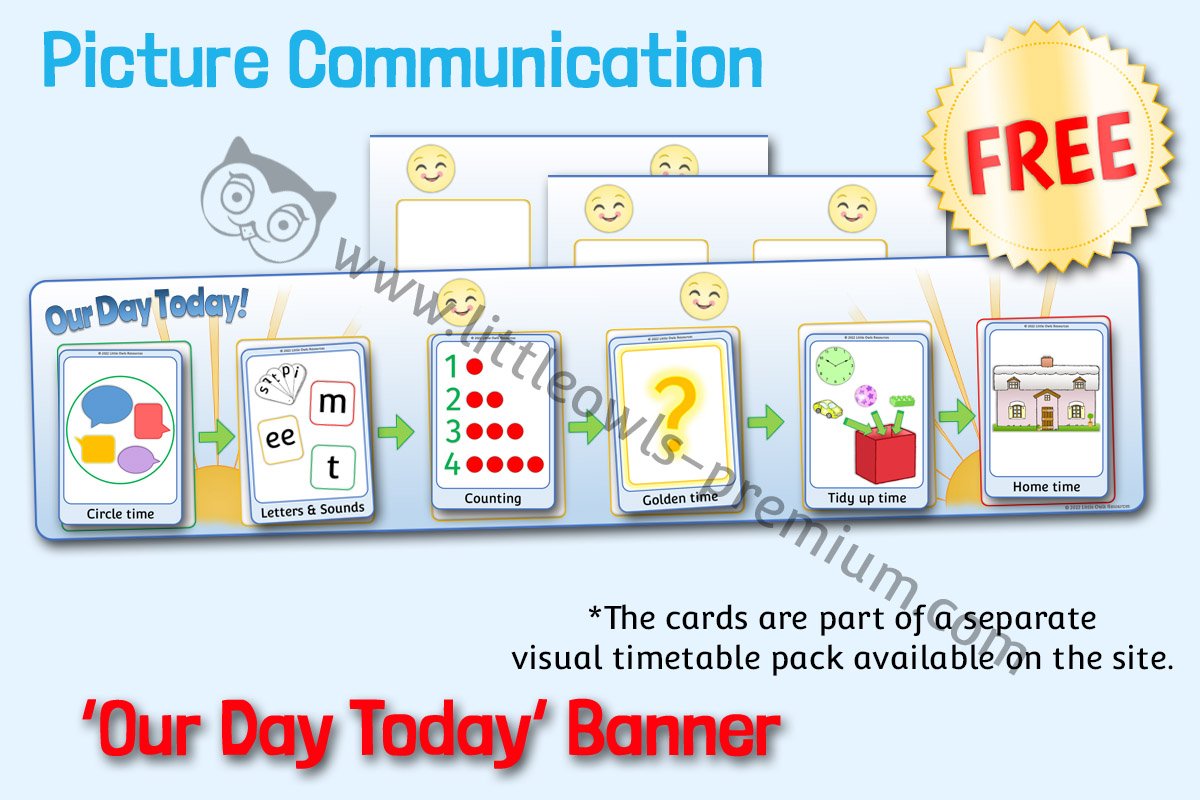



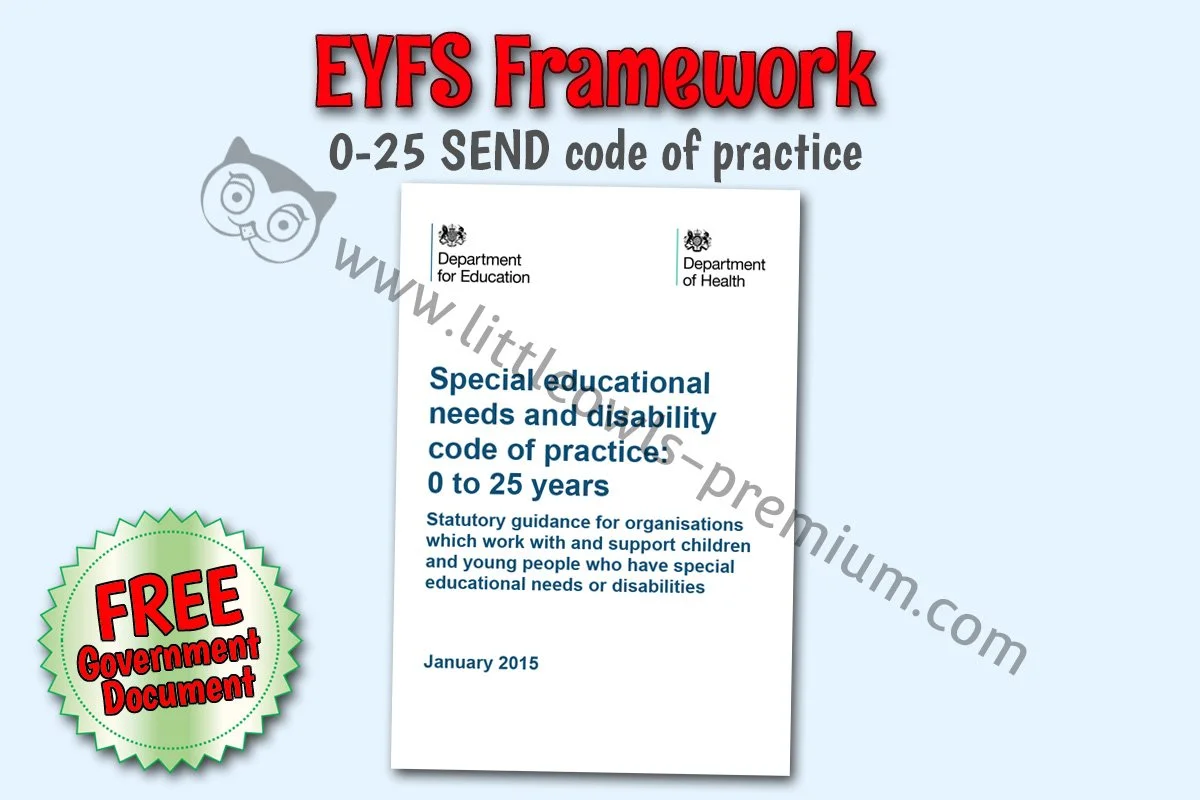


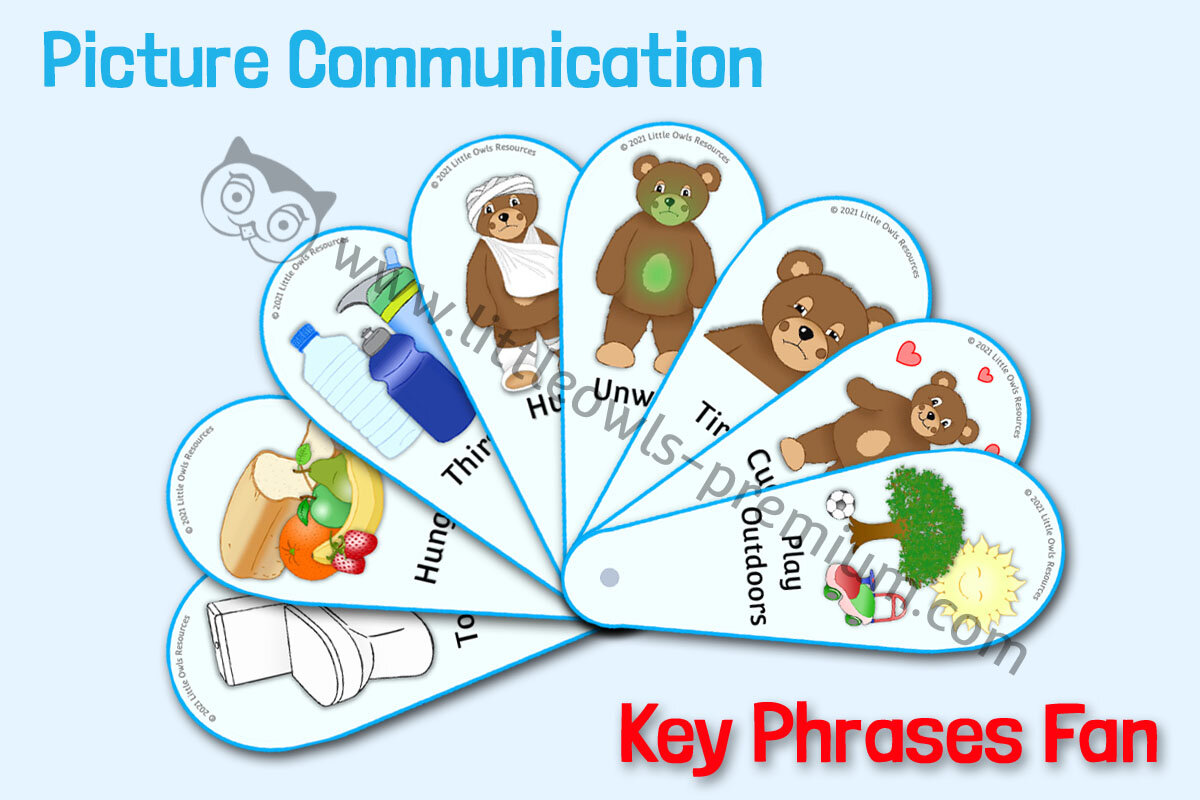

















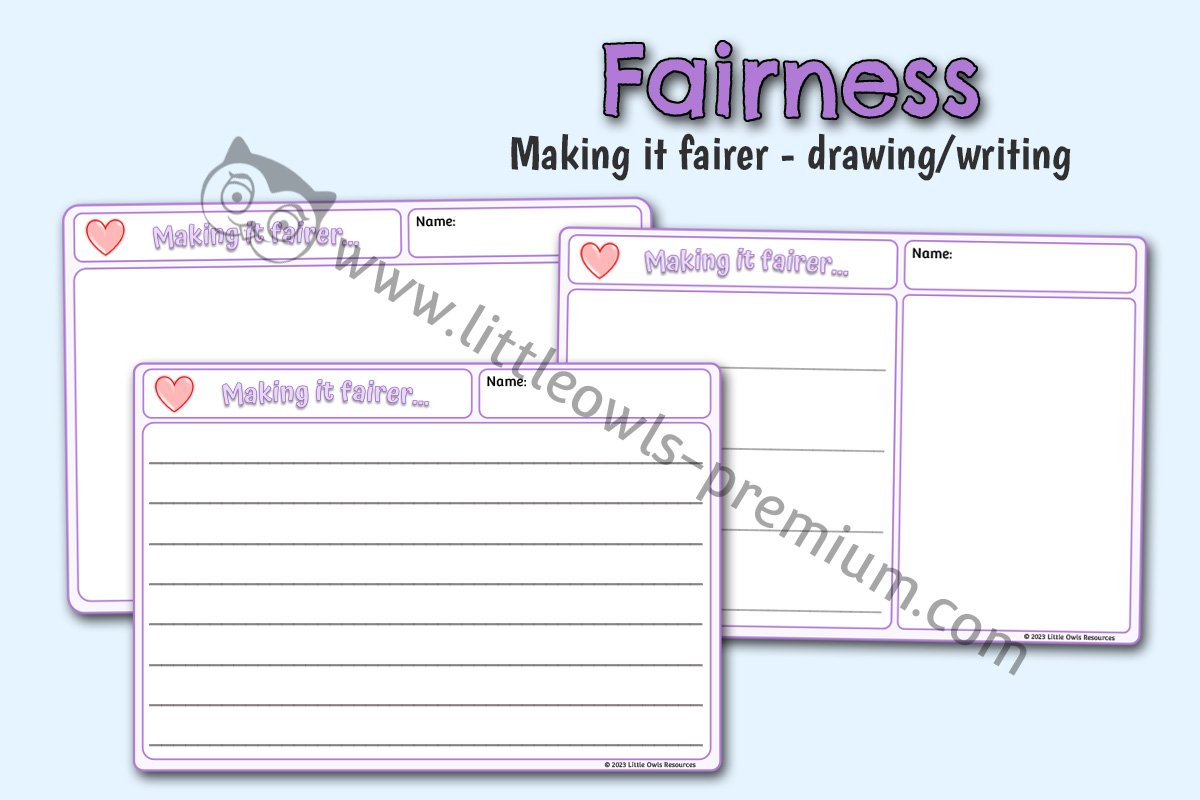
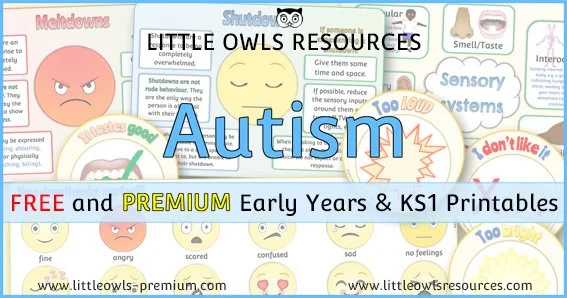
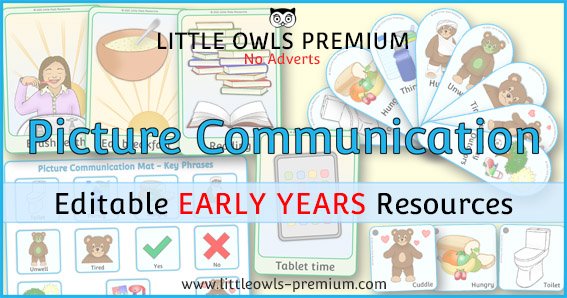
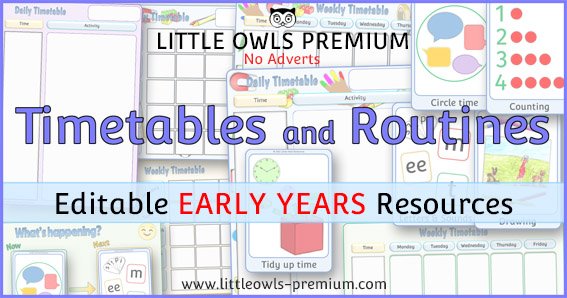







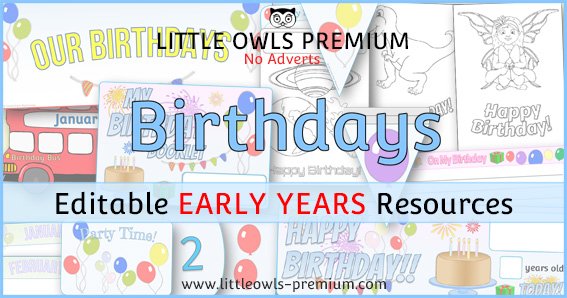
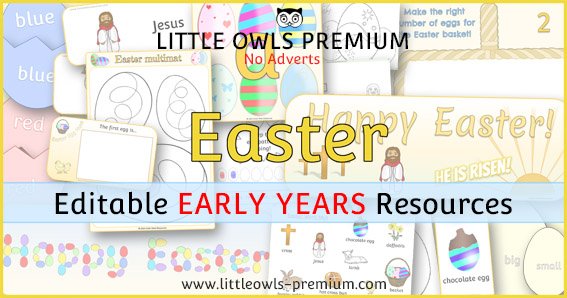

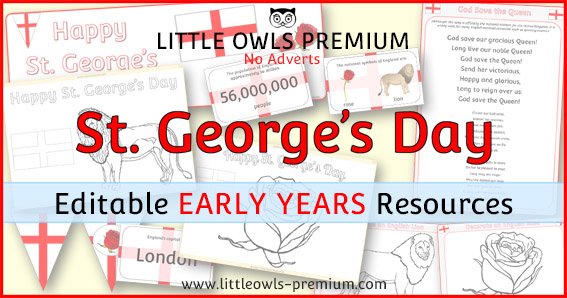










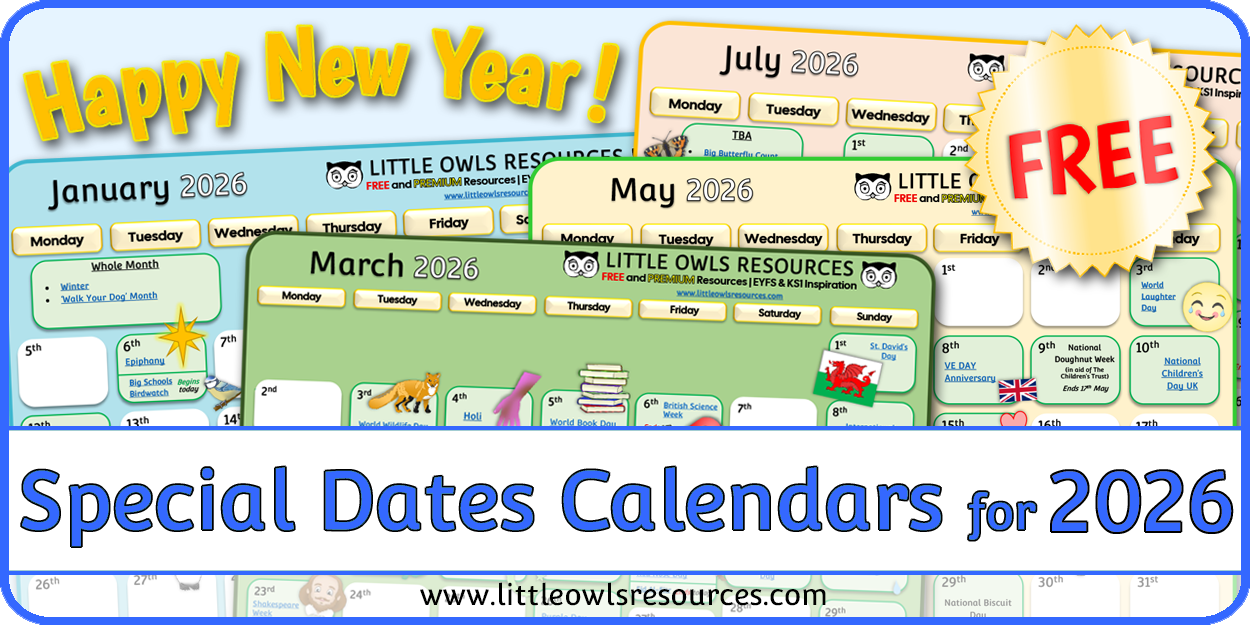
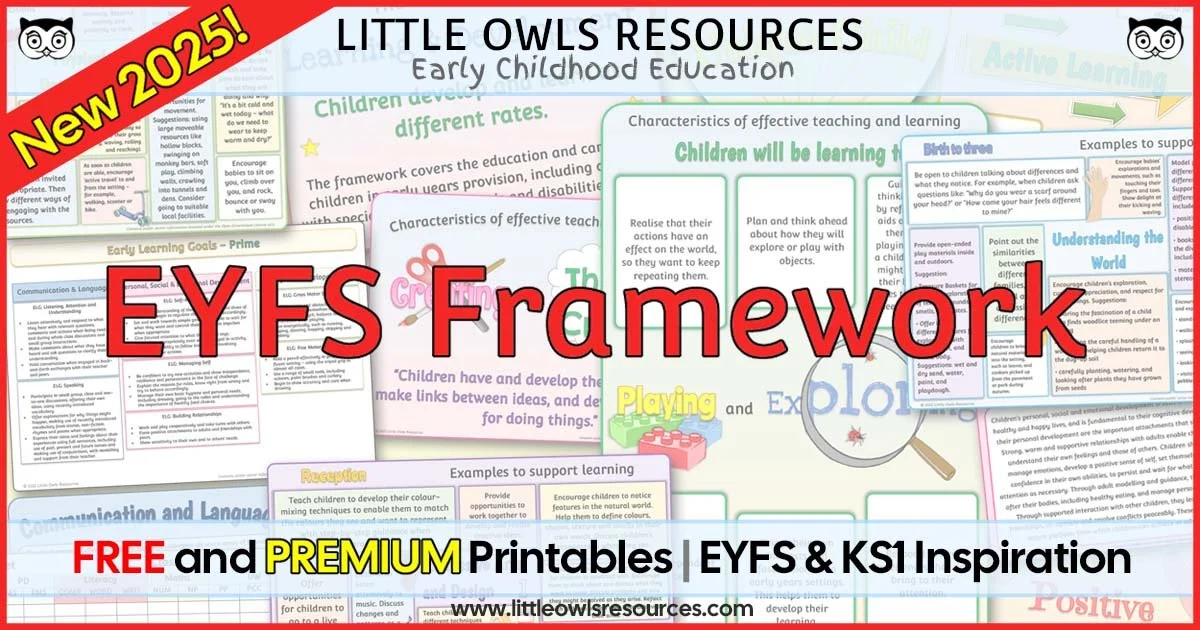

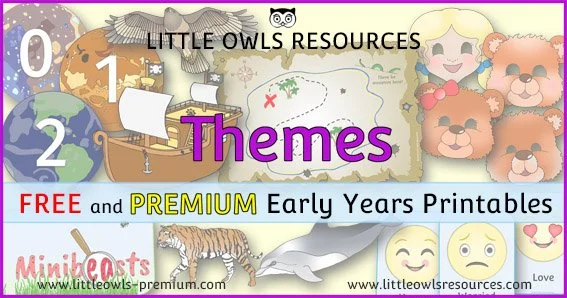

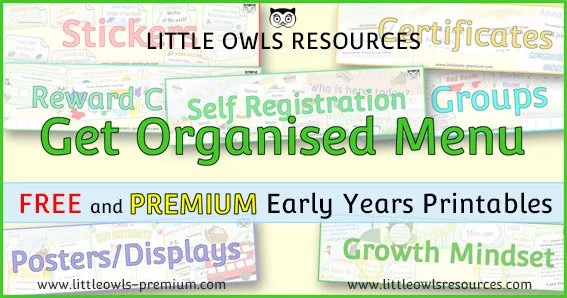

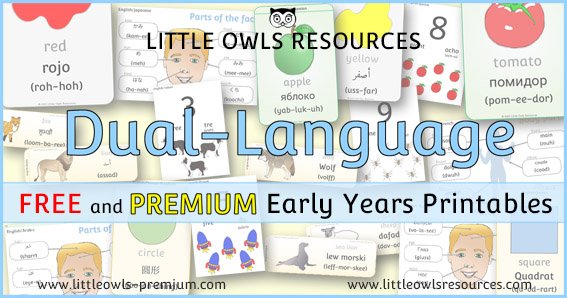
Let's put on our dancing shoes and move our bodies to the music! 💃🕺 International Dance Day is a special day celebrated every year on April 29th. It was started in 1982 by a group called the…